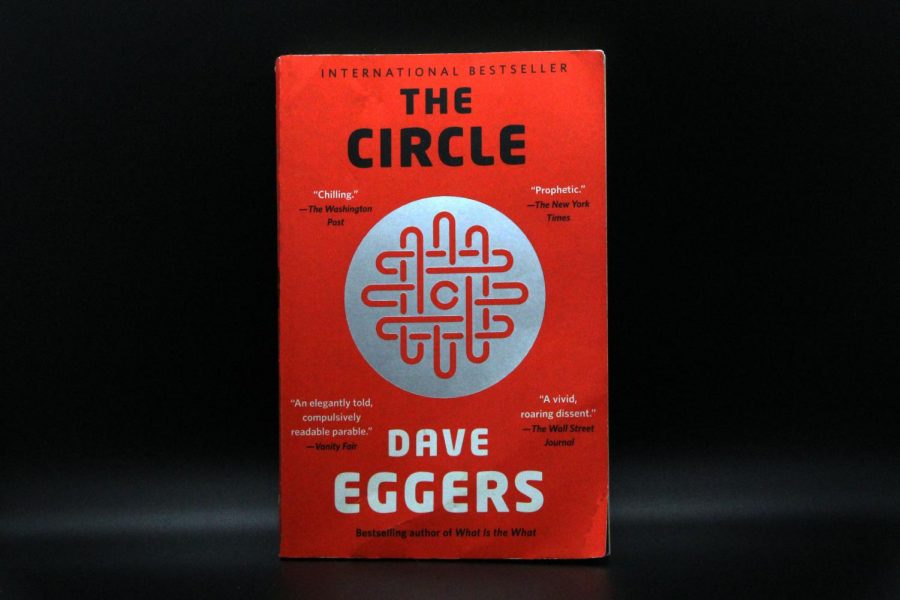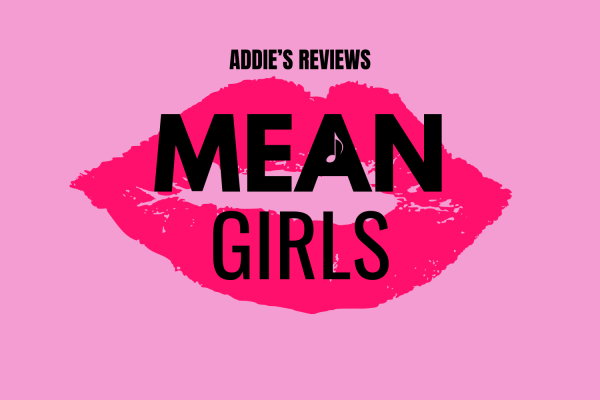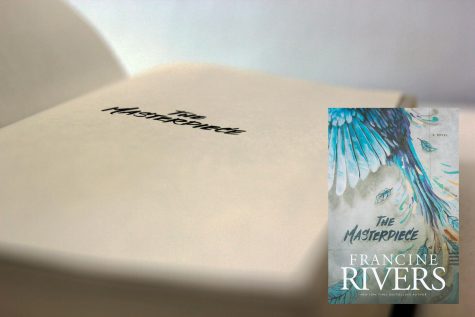‘The Circle’ a modern classic, cautionary tale
Dave Eggers’ ‘The Circle’ reads as a modern classic and a cautionary tale of the dangers of an extreme free market. The book follows a young woman who begins working at an innovative and trendy new company. As the storyline unfolds, she helps this “Circle” gain a totalitarian-like power over a once-independent society.
Dave Eggers’ “The Circle” is a socialist’s nightmare. The novel is centered around the exploitation of Laissez-Faire by a company known as the Circle. The story follows young Mae Holland as she transitions from working at her hometown utility company to the bright and modern Circle. She starts off at a beginner level in a customer support position, but the Circle is well-endorsed for the way employees can progress rapidly.
This company believes a workplace should be more than just a job–it should be a community. The Circle emphasizes the importance of connecting with Mae’s several thousand other coworkers through an app called Zing. Throughout the story, one watches as Mae’s “zinging” becomes more and more time-consuming, until it is excessive. She becomes consumed with Zing and the Circle in a way that is abnormal and concerning.
In fact, the reader’s perspective of Mae as a protagonist is what makes the novel interesting. Eggers begins in such a way that readers see Mae as reasonable, ambitious and inquisitive. Toward the end, though, something clicks–the readers realize that Mae is not perfect. She develops a sheeplike devotion to the Circle; one could argue she lacks basic rationale. With the Circle’s guidance, she eventually begins to bring “total transparency” to all people.
The Circle’s goal of total transparency is referred to as “completing the circle.” The company aims to monitor and track all people so crime and human error will disappear. However, the way Eggers frames the Circle’s “solutions” is positive; to prevent child abductions, they would insert a tracking chip into every child through the program “SeeChange.” Eventually, human trafficking would come to an end. To keep from having your personal information spread across hundreds of potentially untrustworthy websites and accounts, centralize your information and payment system into one account which would become like an identity–a good way of ensuring that your identity and hard-earned money is safe.
“Completing the circle,” however, requires all citizens to have TruYou accounts. SeeChange chips would also become mandatory, along with a variety of other “solutions” mentioned in the book. Toward the end of the novel, readers realize the Circle’s “solutions” are an utter violation of privacy–but there seems to be no way to stop the Circle’s “progress.”
The founder of the Circle begins to realize the danger that his company imposes on the free world and implores Mae, who has become the public face of the Circle, to prevent the Circle’s completion. Readers are left wondering what the fate of the citizens will be.
The idea of the book is disturbing in a way which mirrors Margaret Atwood’s “The Handmaid’s Tale.” What makes these novels so chilling is their angle of perfection. One could argue the Circle’s omnipotent power is necessary to bring about a digital and societal utopia. Both of these novels highlight society’s ability to ignore the plights of others, so long as it is benefitting from them. Eggers’ “The Circle” stands as a literary masterpiece and a warning to the modern generation: be careful how far you go.

Hi! My name is Abby (with a "y"), and I am elated to be managing editor this upcoming year. This will be my second year on staff, and I consider myself extremely lucky to be a member of this awesome team. I am a junior this year and am one of three drum...











